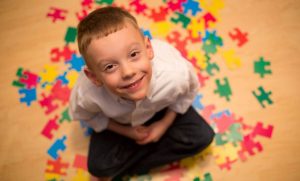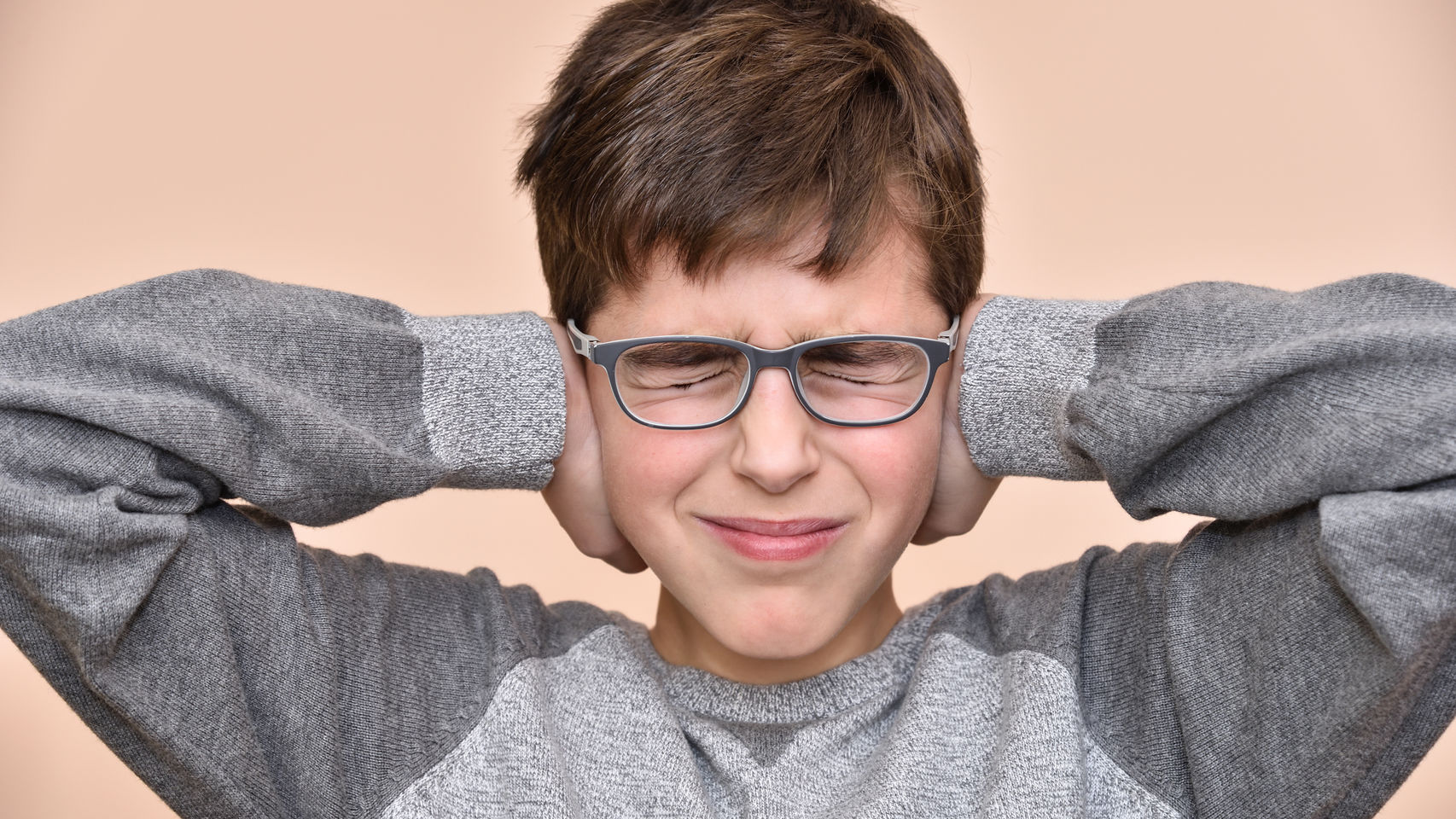Autism is a neuropsychiatric disorder, which usually manifests during the first three years of life, and is characterized by:
- Social isolation.
- Difficulties communicating (language, mimicry).
- Stereotyped behavior patterns, that is, gestures or expressions that repeat without variation.
If there are suspicions that the child could suffer from this disorder he will undergo a comprehensive evaluation, involving a psychologist, a neurologist, a psychiatrist, a speech therapist, and other specialists trained to diagnose children with autism.
 The causes are not known exactly, but it is probable that both the genetic and the environmental factors play a fundamental role in this disease. It has been discovered that there are certain genes that are related to the development of autism. In addition, studies conducted on people with autism show that they have irregularities in various regions of the brain. The incidence in children is four times higher than in girls.
The causes are not known exactly, but it is probable that both the genetic and the environmental factors play a fundamental role in this disease. It has been discovered that there are certain genes that are related to the development of autism. In addition, studies conducted on people with autism show that they have irregularities in various regions of the brain. The incidence in children is four times higher than in girls.
There are several symptoms that can help to know if a child has autism:
Early indicators:
- Does not babble any words at one year of age.
- Does not point to any object until 12 months.
- Does not respond to your name.
- Does not pronounce words until 16 months, or phrases of two or more words until approximately two years.
- It does not establish a correct visual contact.
- Excessively aligns toys or other objects.
- Does not smile or show social receptivity.
Late indicators:
- Does not have an interest in making friends.
- Not able to start or maintain a conversation.
- It is unimaginative when playing.
- Use a repetitive language.
- Has routines and any attempt to modify them generates great anguish.
- Shows excessive attachment to certain objects
Learn more about your health and well-being at Pharmamedic.








